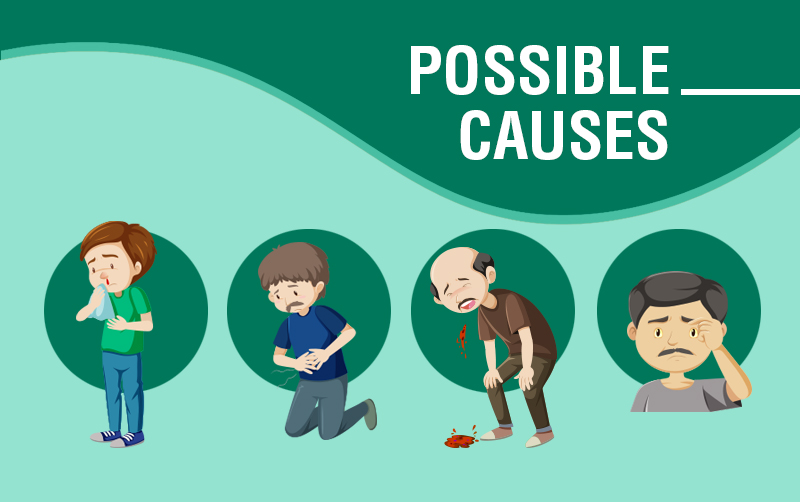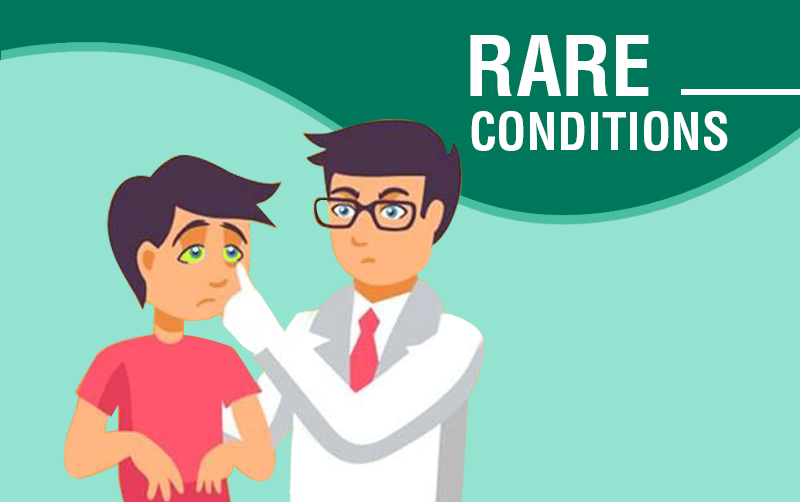Everything You need to Know About Signs, Symptoms and Treatments of Jaundice
Oct 01, 2021
Jaundice is a disease that is common in newborn babies as well as adults. The first signs of jaundice are turning your skin and the whites of your eyes yellow.

It is important to consult a doctor right away if you suspect that you have jaundice. Jaundice could be a symptom that you have problems with one of the following:
– Liver
– Blood, or
– Gallbladder
Jaundice: Early Signs and Symptoms
The common signs and symptoms of jaundice are listed below:
- A yellow hue to the whites of the eyes and to the skin. It usually starts at the head and it spreads down the body.
- Pale stools
- Dark urine
- Itchiness
Other signs and symptoms of jaundice resulting from low bilirubin levels include:
- Fatigue
- Abdominal pain
- Weight loss
- Vomiting
- Fever
Possible Causes of jaundice
Jaundice is mostly caused as a result of an underlying disorder. It either causes the liver to produce excess bilirubin or it prevents the liver from disposing bilirubin. Both of these result in bilirubin deposition in tissues.
Underlying conditions that can cause jaundice are as below:
- Acute inflammation of the liver: This condition may result in the buildup of bilirubin in the liver as it impairs the liver’s ability to conjugate and secrete bilirubin.
- Inflammation of the bile duct: This condition can result in prevention and the secretion of bile. It can also result in the removal of bilirubin thereby causing jaundice.
- Obstruction of the bile duct: This condition can cause the prevention of the liver from disposition of bilirubin.
- Hemolytic anemia: Red blood cells in huge numbers are broken down in this condition thereby increasing the production of bilirubin.
- Gilbert’s syndrome: This is an inherited condition. The process of excretion of biles by the enzymes gets limited due to this condition.
- Cholestasis: This interrupts the bile flow from the liver. The bile which contains conjugated bilirubin remains in the liver and is not excreted.

There are also some rare conditions that may cause jaundice. These conditions may include:
- Crigler-Najjar syndrome: This is an inherited condition. In this condition, the enzymes that are responsible for processing bilirubin do not function.
- Dubin-Johnson syndrome: This syndrome is a chronic jaundice symptom and it is inherited. Conjugated bilirubin is not secreted from the cells of the liver in this condition.
- Pseudojaundice: This form of jaundice does not generally cause any harm. The yellowing of the skin in this case is a result of excess beta-carotene, instead of excess bilirubin. Pseudojaundice usually arises from eating fruits and vegetables like pumpkin, carrot, or melon in large quantities.
Normal Range of Jaundice Levels
The normal range of a total bilirubin test are as listed below:
- For Adults – 2 milligrams per deciliter (mg/dL)
- For young adults below 18 – Usually 1 mg/dL
- For direct bilirubin, normal results are generally 0.3 mg/dL.
These range of test results may vary slightly from one diagnostic centre to another.
How to Treat Jaundice
Jaundice treatment will depend on the actual underlying causes of the disease rather than the symptoms a person having jaundice might be experiencing.
If you are suffering from jaundice and looking for a doctor who might help you with your treatment process, you may get in touch with Accuhealth Diagnostics. Accuhealth has one of the best doctors in town. Accuhealth also has modern equipment and test methods for the diagnostic tests required to find out the underlying cause of your jaundice.



